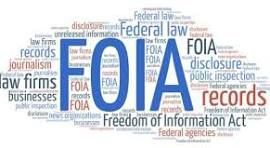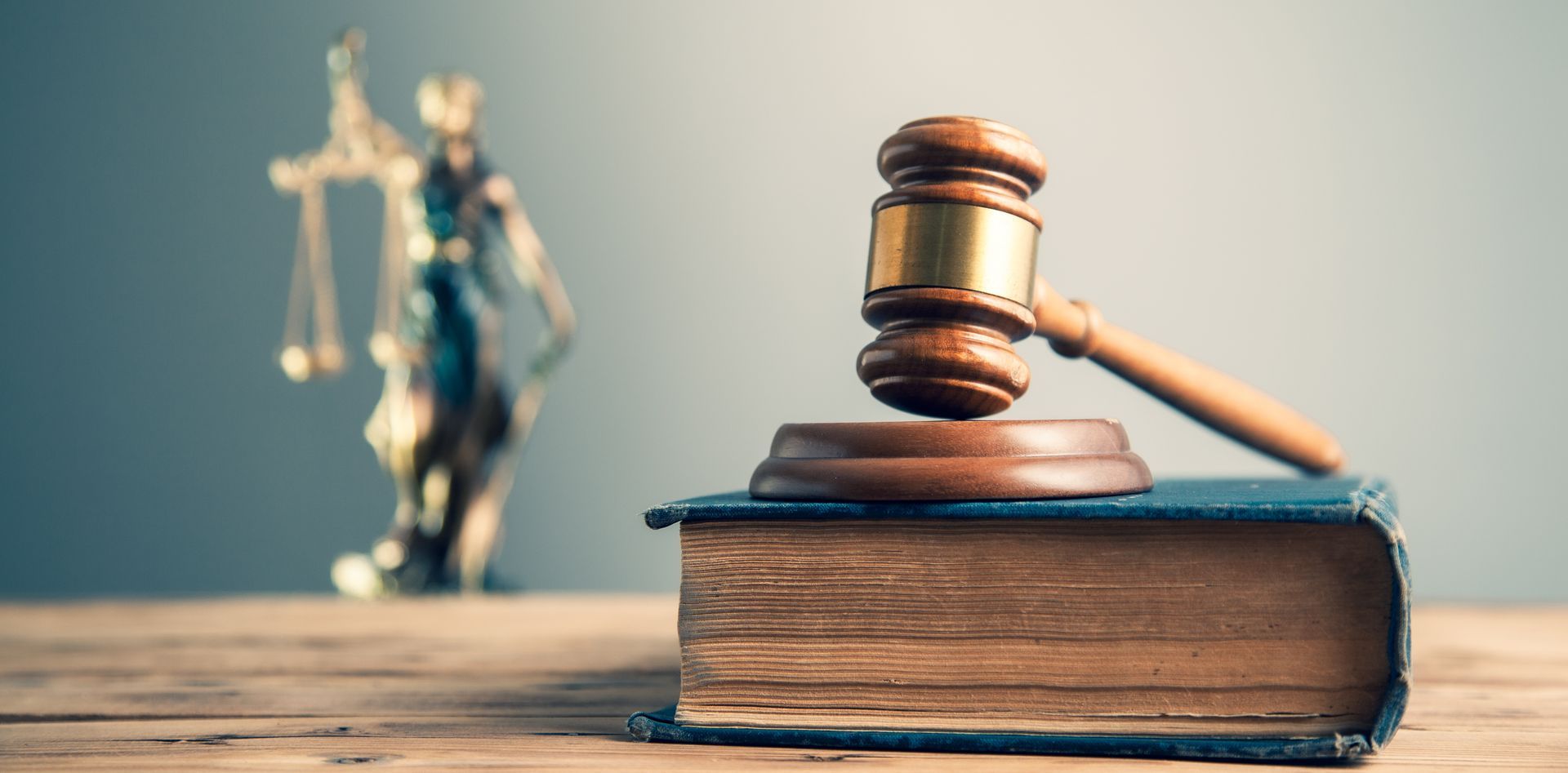
NATIONAL BUSINESS INSTITUTE SEMINAR: EASEMENT AND BOUNDARY DISPUTES FROM A to Z
Wednesday, December 28, 2016 Time: Eastern:11:00 am-6:00 pm Central: 10:00 am-5:00 pm Mountain: 9:00 am-4:00 […] The post NATIONAL BUSINESS INSTITUTE SEMINAR: EASEMENT AND BOUNDARY DISPUTES FROM A to Z appeared first on Shapiro & Associates.
Wednesday, December 28, 2016
Time:
Eastern:11:00 am-6:00 pm
Central: 10:00 am-5:00 pm
Mountain: 9:00 am-4:00 pm
Pacific: 8:00 am-3:00 pm
Easement and boundary disputes can turn ugly fast, but they can be resolved quickly and cleanly with a variety of indispensable techniques. You may know the fundamentals of boundary law, but are you caught up on the recent developments and fully utilizing all of the tricks and tools of the trade? In this practical legal program, our knowledgeable faculty will provide you with up-to-date information and best practices for tackling the more complicated aspects of easement and boundary conflicts so you can conduct proper due diligence and deliver favorable outcomes. Take your skills to the next level – register today!
Become more adept at resolving contentious boundary issues, including indeterminate boundaries, misplaced markers, encroachments and more.
Discover winning strategies for quiet title actions in boundary disputes.
Pick up best practices for analyzing and utilizing surveys and legal descriptions for the purpose of resolving boundary disputes.
Learn how to expertly handle a variety of easement matters from maintenance disputes to key approaches to extinguishing easements.
Examine key considerations for using prescriptive easements and adverse possession in cases of undesired trespass.
Earn your ethics credit – and receive some practical ethical guidance unique to boundary law.
REGISTER NOW. PLEASE CLICK HERE
To learn more, please visit National Business Institute website for details.
The post NATIONAL BUSINESS INSTITUTE SEMINAR: EASEMENT AND BOUNDARY DISPUTES FROM A to Z appeared first on Shapiro & Associates.

CONTACT US TODAY
Contact Us
We will get back to you as soon as possible.
Please try again later.
LOCATION
570 Lake Cook Road, Unit 119
Deerfield, IL 60015
Shapiro & Associates Law | All Rights Reserved |
Created by Olive + Ash.
Managed by Olive Street Design.









